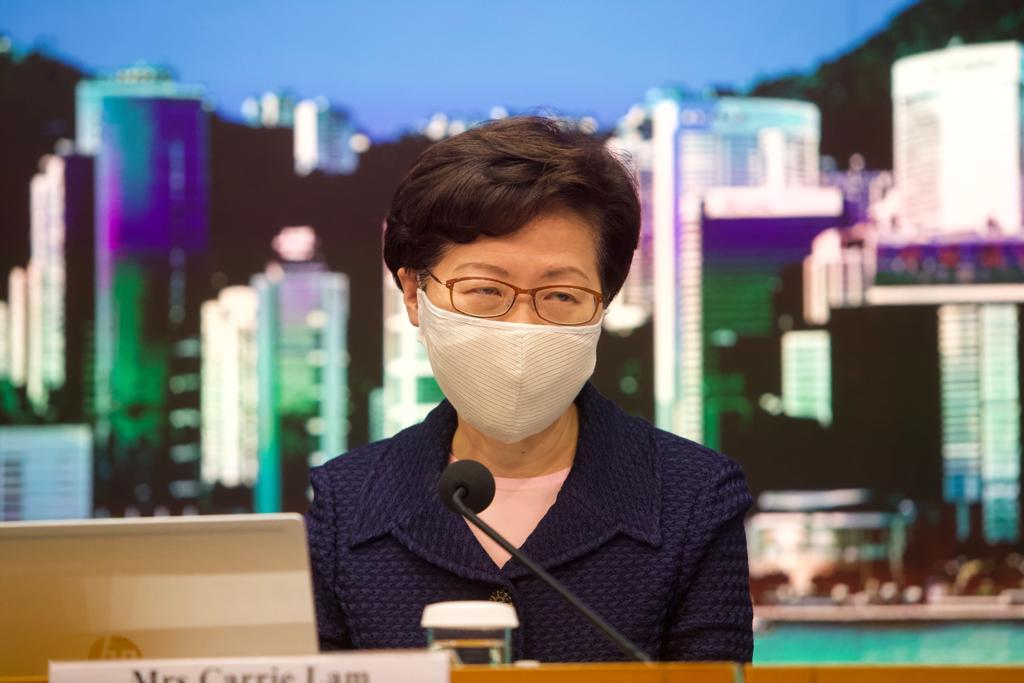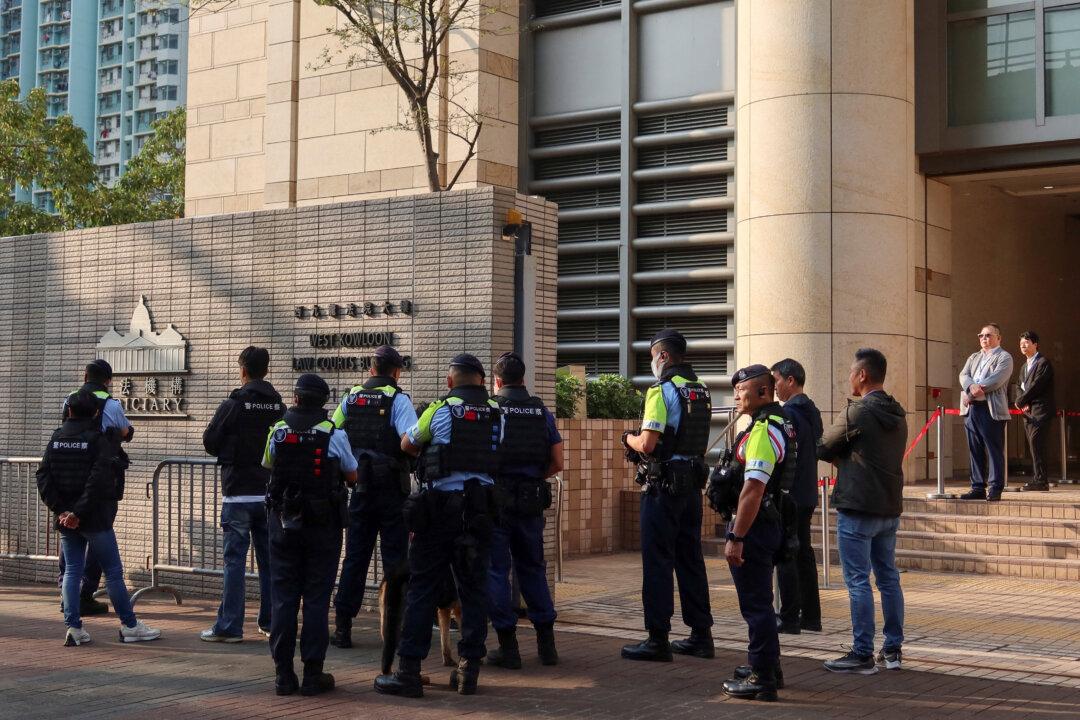The European Union (EU) has called on the Hong Kong government to reconsider its decision to postpone the city’s election for its Legislative Council (LegCo).
“It is essential that the Legislative Council elections take place in an environment which is conducive to the exercise of democratic rights and freedoms as enshrined in the Hong Kong’s Basic Law,” stated Josep Borrell, High Representative of the EU for Foreign Affairs and Security Policy, in a statement on behalf of the EU.





